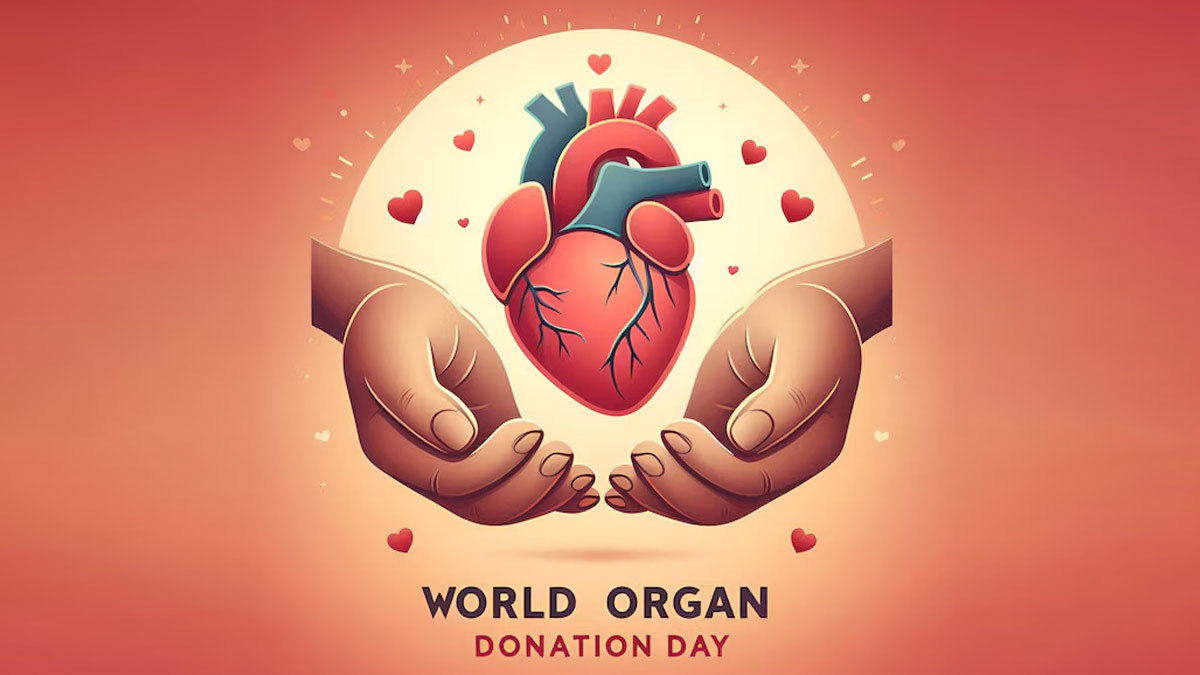
Organ donation has a profound impact not only on the recipients but also on the donors’ families and communities. It is a selfless act that intertwines the lives of many, creating a ripple effect of hope and healing. However, the emotional journey associated with organ donation can be complex and deeply personal for everyone involved. Understanding these mental health impacts helps us provide better support to those affected by organ donation, acknowledging the emotional journey that comes with this life-changing act. We spoke to our expert Dr Swaminathan Sambandham, Senior Consultant and Lead, Multi-Organ Transplant (Liver, Kidney, Pancreas and Small Intestine), Kauvery Hospital, Chennai, who shared insights on this topic.
Table of Content:-
According to Cureus, organ donation involves collecting healthy organs and tissues from deceased or living donors to transplant to recipients with end-stage organ failure. Most transplants come from deceased donors, which requires confirmation of brain death and consent from the donor's family.
1. Mental Health Benefits for Recipients

Receiving an organ transplant can dramatically improve the quality of life for recipients, leading to better mental health outcomes. Dr Sambandham listed the mental health benefits as follows:
- Relief from Illness: For many, the fear and burden of living with a chronic illness are alleviated, leading to decreased anxiety and depression.
- Increased Hope and Motivation: The prospect of a new lease on life fosters hope and motivation for personal and professional goals.
- Social Reintegration: Many recipients find renewed social connections and engagement in their communities, contributing to a positive mental state.
Also Read: World Organ Donation Day 2024: Expert Explains Step-by-Step Guide to Kidney Donation
2. Emotional Challenges for Donor Families

Families of deceased organ donors often experience a mix of emotions, which can impact their mental health.
- Grief and Loss: The death of a loved one is inherently traumatic. Families may struggle with intense grief and feelings of emptiness.
- Pride and Comfort: Many donor families take comfort in knowing their loved one's death has helped save lives. his can bring a deep sense of pride and purpose.
- Complex Emotions: Families may feel conflicted, grappling with sorrow for their loss while simultaneously feeling gratitude for the lives saved through donation.
Also Read: Separating Fact From Fiction: The Reality Of Organ Donation Myths
3. Psychological Effects on Living Donors

Living donors often report a range of emotional responses both before and after the donation process.
- Altruism and Fulfillment: Many living donors describe a deep satisfaction and fulfillment in helping others. This altruistic act can enhance their mental well-being.
- Anxiety and Regret: On the flip side, some donors may experience anxiety about the surgery and potential health implications, leading to postoperative emotional challenges.
- Support Networks: The presence of supportive family and friends can help mitigate feelings of anxiety and enhance the overall mental health of living donors.
4. Role of Support Systems

Support systems play a crucial role in addressing the mental health impacts of organ donation.
- Counselling Services: Access to mental health professionals can help donors and recipients process their emotions and cope with the significant changes in their lives.
- Support Groups: Peer support groups can provide shared experiences and emotional support, helping individuals feel less isolated in their journeys.
- Community Awareness: Promoting awareness and understanding of organ donation in communities can reduce stigma and foster a more supportive environment for those involved.
Bottomline
Dr Sambandham concluded, “The impact of organ donation extends far beyond the physical act of giving or receiving an organ. Understanding its psychological implications is essential for supporting the mental health of all parties involved. As organ donation becomes increasingly recognised as a life-affirming act, fostering supportive environments and mental health resources will be crucial in enhancing the overall well-being of donors, recipients, and their families.”
[Disclaimer: This article contains information provided by an expert and is for informational purposes only. Hence, we advise you to consult your own professional if you are dealing with any health issues to avoid complications.]
Also watch this video
How we keep this article up to date:
We work with experts and keep a close eye on the latest in health and wellness. Whenever there is a new research or helpful information, we update our articles with accurate and useful advice.
Current Version